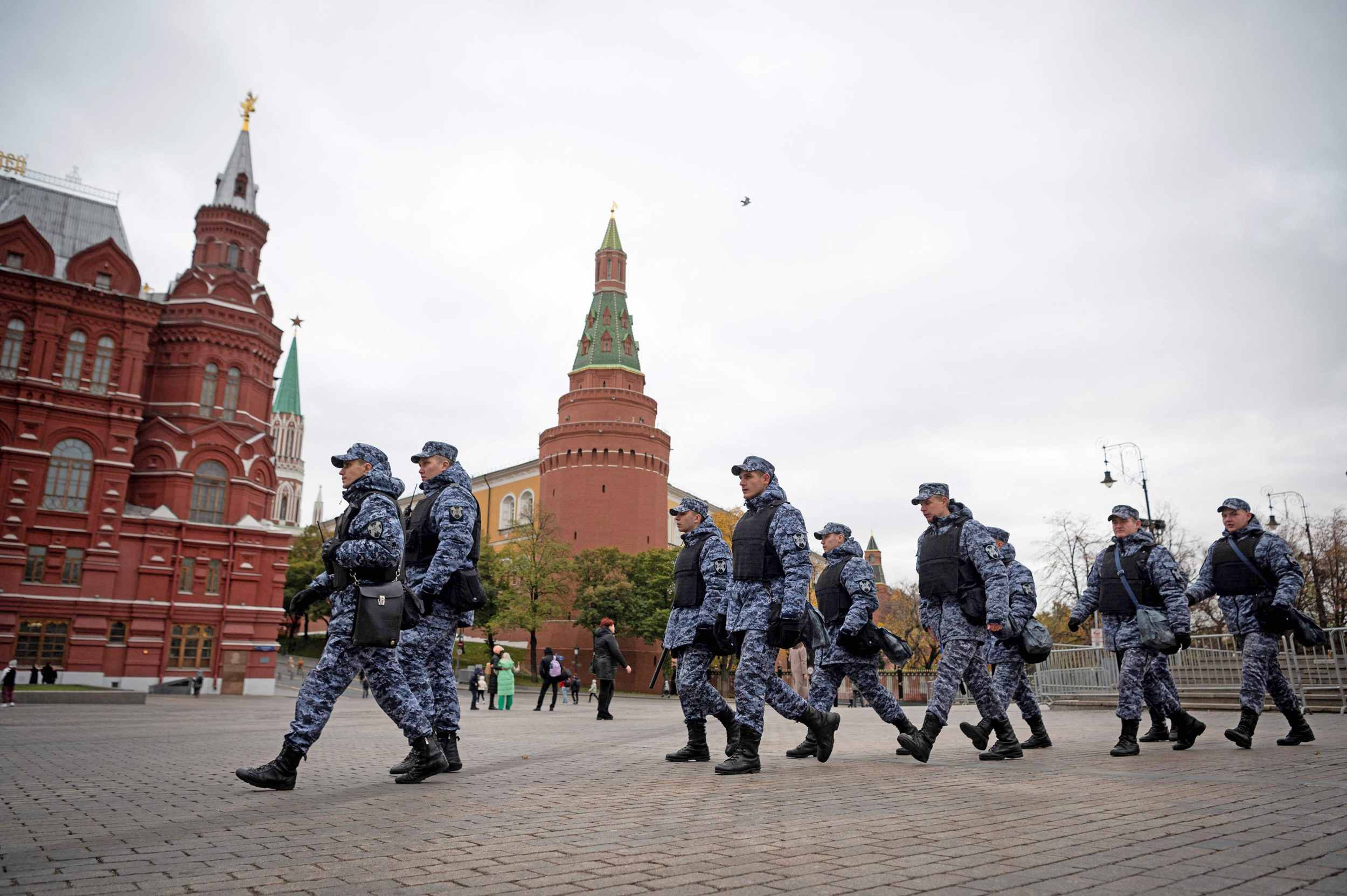At the suggestion of Czechia, the EU imposed sanctions on Viktor Medvedchuk, a former Ukrainian politician and pro-Russian figure, as announced by the Czech Foreign Ministry on May 27.
 EU Sanction Voice of Europe, Medvedchuk, Marchevskyi
EU Sanction Voice of Europe, Medvedchuk, Marchevskyi
Table of Contents
Two additional entities targeted in these sanctions are Artem Marchevskyi, a Ukrainian-Israeli individual, and the Voice of Europe platform, allegedly utilized by both to disseminate pro-Russian messages across Europe.
According to the Czech Foreign Ministry, three entities affiliated with the Kremlin regime received EU sanctions, with Czechia advocating for their inclusion. “Three entities working for the Kremlin regime have been added to the EU sanctions list at the proposal of Czechia,” the Czech Foreign Ministry said on X.
Viktor Medvedchuk : Moscow-financed propaganda network
The Czech government announced on March 27 that it had uncovered a Moscow-financed propaganda network that sought to influence European politics and turn public opinion against aiding Ukraine.
Prague named Viktor Medvedchuk, a Kremlin-linked former Ukrainian oligarch, and Artem Marchevskyi, a media manager who used to work at one of Medvedchuk’s TV channels, as the people behind the operation.
Their activities, carried out through the Voice of Europe website, reportedly centered around the promotion of pro-Russian narratives and paying Moscow-friendly politicians ahead of the European Parliament elections.
According to the Czech outlet Denik N and Germany’s Spiegel, hundreds of thousands of euros went into the hands of politicians from Germany, France, Poland, Belgium, the Netherlands, and Hungary, partially in cash and partially in cryptocurrency.
All measures enforced by Czechia are now applicable in all 27 EU Member States.
These sanctions entail the barring of Medvedchuk and Marchevskyi from entering EU territories, alongside the freezing of their assets and those of Voice of Europe throughout the bloc.
Following his exchange for Ukrainian prisoners of war in 2022, Medvedchuk resides in Russia, while Marchevskyi relocated to Czechia during the onset of the full-scale war and later moved to Slovakia post the sanctions imposed by Prague.
EU suspends Voice of Europe and 3 more Russian propaganda outlets
In early April, Czechia unveiled a propaganda network overseen by Medvedchuk, which propagated pro-Kremlin narratives and financially supported pro-Russian politicians in the EU.
On May 17, the EU Council suspended Voice of Europe and three other outlets recognized for disseminating Russian propaganda.
Council bans broadcasting activities in the EU of four more Russia-associated media outlets like Voice of Europe
The Council today decided to suspend the broadcasting activities in the European Union of four additional media outlets, which spread and support the Russian propaganda and war of aggression against Ukraine: Voice of Europe, RIA Novosti, Izvestia and Rossiyskaya Gazeta.
These media outlets are under the permanent direct or indirect control of the leadership of the Russian Federation, and have been essential and instrumental in bringing forward and supporting Russia’s war of aggression against Ukraine, and for the destabilisation of its neighbouring countries.
In line with the Charter of Fundamental Rights, the measures agreed today will not prevent the targeted media outlets and their staff from carrying out activities in the EU other than broadcasting, e.g. research and interviews.
The Russian Federation has engaged in a systematic, international campaign of media and information manipulation, interference and grave distortion of facts in order to justify and support its full-scale aggression against Ukraine, and to enhance its strategy of destabilisation of its neighbouring countries, and of the EU and its member states. In particular, the propaganda, information manipulation and interference activities have repeatedly and consistently targeted the Ukrainian state and its authorities, Ukrainian citizens, as well as the European political parties, especially during election periods, as well as targeting civil society, asylum seekers, Russian ethnic minorities, gender minorities, and the functioning of democratic institutions in the EU and its member states.
In its conclusions of 21 and 22 March 2024, the European Council reaffirmed the EU’s steadfast support for Ukraine’s independence, sovereignty and territorial integrity within its internationally recognised borders and its legitimate right of self-defence against the Russian aggression. It also called for further steps to weaken Russia’s ability to continue waging its war of aggression, including by strengthening sanctions.
